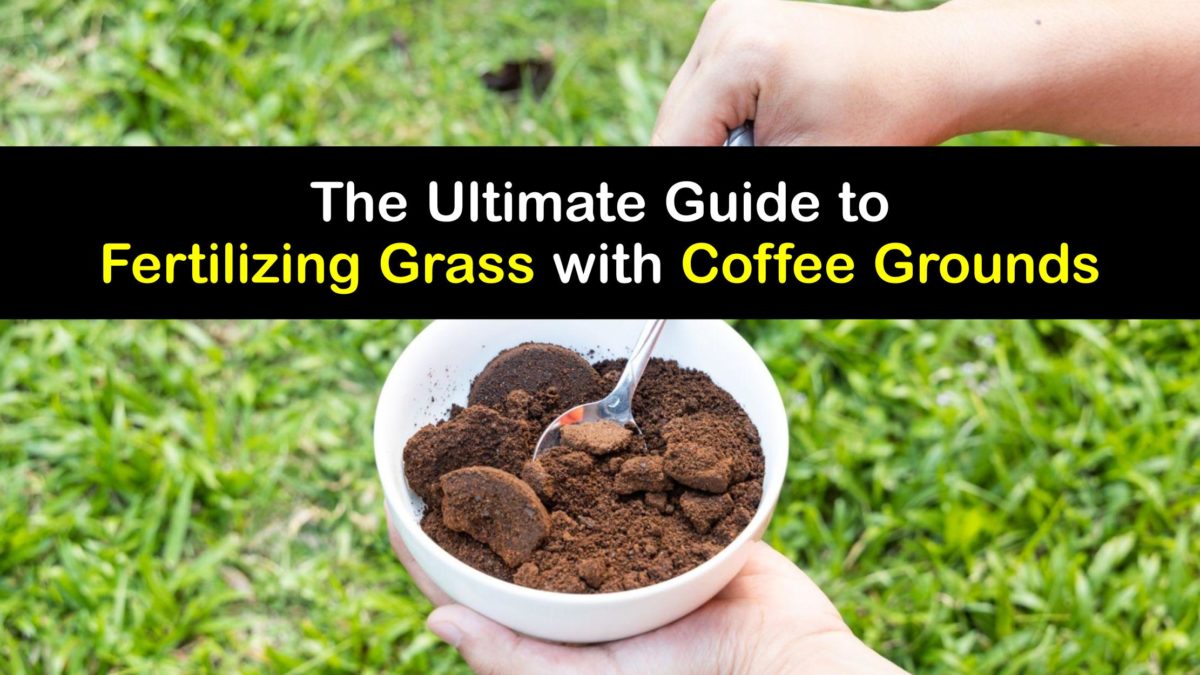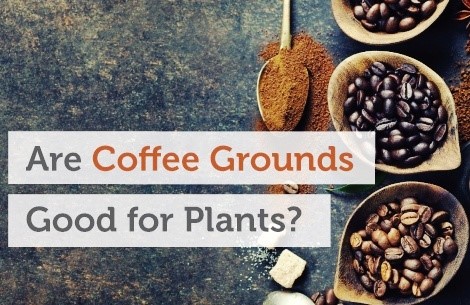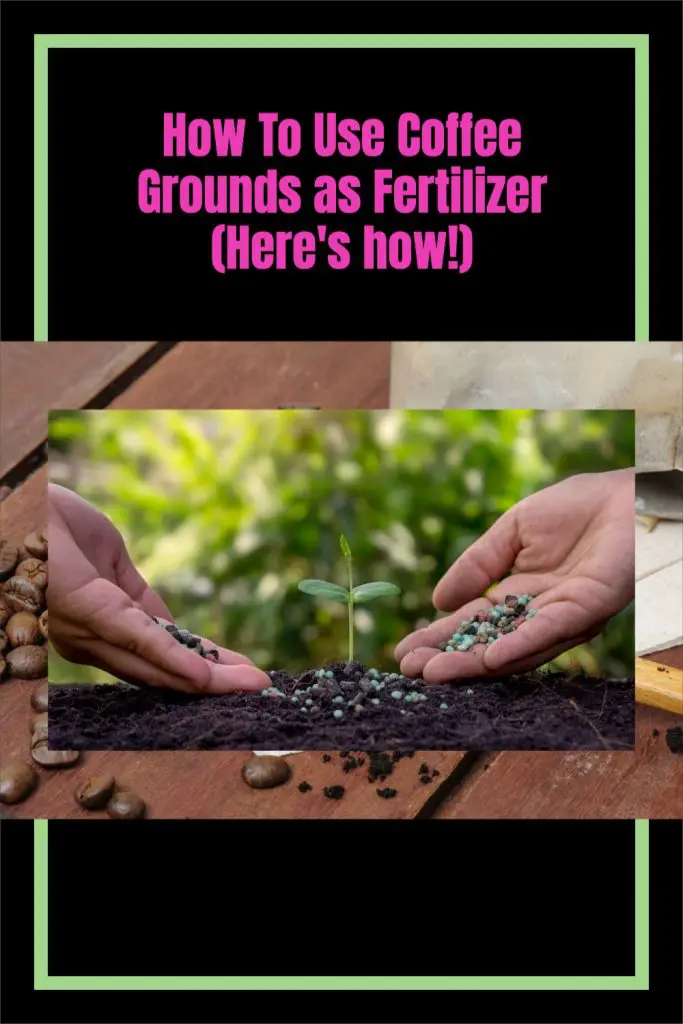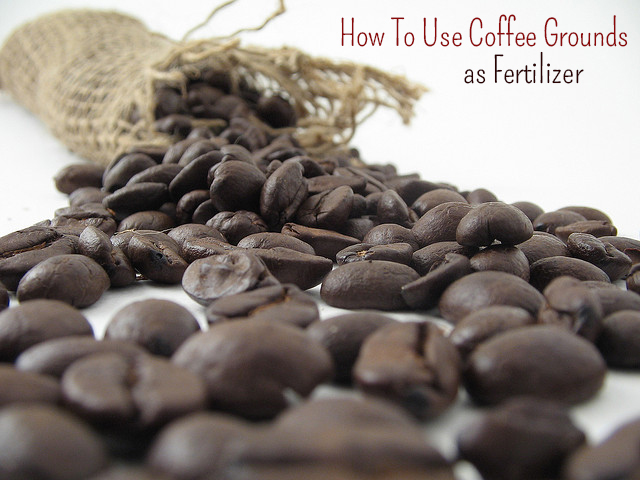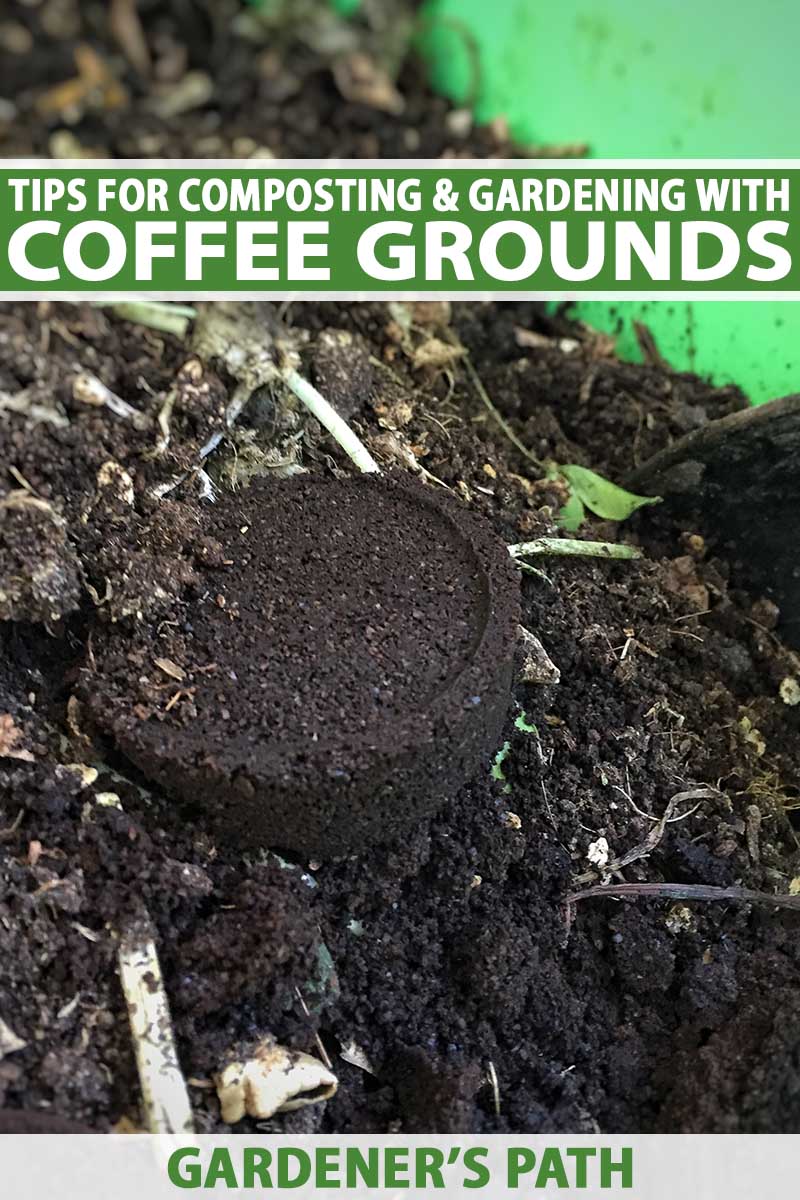Unlocking the Power of Coffee Grounds in Your Garden
When it comes to gardening, finding effective and eco-friendly ways to nourish your plants is crucial. One often overlooked solution is using coffee grounds as a natural fertilizer. But does coffee grounds make good fertilizer? The answer is a resounding yes. Coffee grounds are rich in nutrients, including nitrogen, phosphorus, and potassium, making them an ideal fertilizer for your garden. By repurposing coffee grounds, you’ll not only reduce waste but also create a nutrient-rich soil amendment that benefits your plants and the environment. This cost-effective and environmentally friendly fertilizer option is a game-changer for gardeners looking to make a positive impact on the planet.
How to Turn Coffee Grounds into a Nutrient-Rich Fertilizer
To unlock the full potential of coffee grounds as a fertilizer, it’s essential to prepare them correctly. Here’s a step-by-step guide to help you get started:
First, collect and dry the coffee grounds. Spread them out in a thin layer on a baking sheet or tray and let them air dry for a few days. This step is crucial to prevent mold and bacterial growth. Once dry, store the grounds in an airtight container to preserve their nutrients.
Next, mix the coffee grounds with other compost materials, such as leaves, vegetable scraps, or manure, to create a nutrient-rich blend. Aim for a ratio of 1 part coffee grounds to 10 parts compost. This blend will provide a slow release of nutrients to your plants, promoting healthy growth and development.
When applying the coffee grounds fertilizer, start with a small amount (about 1/2 inch thick) and mix it into the soil around your plants. You can also use it as a mulch, spreading a thin layer around the base of your plants. As the grounds break down, they’ll release their nutrients, providing a natural boost to your plants.
Remember, does coffee grounds make good fertilizer? Absolutely By following these simple steps, you can create a nutrient-rich fertilizer that will benefit your plants and the environment.
The Science Behind Coffee Grounds as Fertilizer
Coffee grounds are a nutrient-rich fertilizer due to their high nitrogen content, making them an ideal amendment for soil. Nitrogen is a crucial element for plant growth, and coffee grounds contain approximately 2% nitrogen by volume. This nitrogen is released slowly as the grounds break down, providing a steady supply of nutrients to plants.
In addition to their nitrogen content, coffee grounds also improve soil structure. The grounds’ high organic matter content helps to increase the soil’s water-holding capacity, aeration, and overall fertility. This, in turn, supports healthy root growth and promotes a strong, vigorous plant.
Coffee grounds also play a crucial role in supporting beneficial microorganisms in the soil. These microorganisms, such as bacteria and fungi, are essential for decomposing organic matter, solubilizing minerals, and fighting off plant pathogens. By providing a food source for these microorganisms, coffee grounds help to create a thriving soil ecosystem.
So, does coffee grounds make good fertilizer? The science is clear: coffee grounds are a valuable resource for gardeners looking to create a nutrient-rich soil amendment. By understanding the science behind coffee grounds as fertilizer, gardeners can unlock the full potential of this eco-friendly and cost-effective fertilizer option.
What Plants Benefit Most from Coffee Grounds Fertilizer
Coffee grounds fertilizer is a versatile amendment that can benefit a wide range of plants. However, some plants thrive more than others when given the nutrient-rich boost provided by coffee grounds. Acid-loving plants, such as azaleas, rhododendrons, and blueberries, are particularly well-suited to coffee grounds fertilizer. These plants require a slightly acidic soil pH, which coffee grounds can help maintain.
Vegetables like tomatoes, peppers, and cucumbers also benefit from coffee grounds fertilizer. The high nitrogen content in coffee grounds promotes healthy leaf growth and fruit production, making it an ideal fertilizer for these crops. Additionally, coffee grounds can help to improve soil structure, which is essential for root vegetables like carrots and beets.
Other plants that benefit from coffee grounds fertilizer include hydrangeas, roses, and herbs like mint and basil. These plants appreciate the slow release of nutrients provided by coffee grounds, which helps to promote healthy growth and development.
So, does coffee grounds make good fertilizer? The answer is clear: coffee grounds are a valuable resource for gardeners looking to provide their plants with a nutrient-rich fertilizer. By understanding which plants benefit most from coffee grounds fertilizer, gardeners can optimize their fertilizer strategy and create a thriving garden.
Debunking Common Myths About Coffee Grounds Fertilizer
Despite the numerous benefits of using coffee grounds as fertilizer, several misconceptions have led some gardeners to hesitate in adopting this eco-friendly practice. One common myth is that coffee grounds are too acidic and will lower the pH of the soil. However, research has shown that coffee grounds have a neutral pH, making them suitable for a wide range of plants.
Another myth is that coffee grounds are toxic to plants. This is simply not true. Coffee grounds are a natural, organic material that is free from harmful chemicals and toxins. In fact, coffee grounds have been shown to improve soil health and promote beneficial microorganisms.
Some gardeners also worry that coffee grounds will attract pests, such as rodents and slugs, to their garden. While it is true that coffee grounds can attract these pests, this can be easily mitigated by mixing the grounds into the soil or using them in a compost pile. By doing so, the coffee grounds are broken down and become a nutrient-rich fertilizer, rather than a food source for pests.
So, does coffee grounds make good fertilizer? The answer is a resounding yes. By understanding the facts behind coffee grounds fertilizer and debunking common myths, gardeners can confidently incorporate this natural fertilizer into their gardening routine.
Combining Coffee Grounds with Other Natural Fertilizers
While coffee grounds are an excellent natural fertilizer on their own, combining them with other organic amendments can create a truly potent soil booster. By mixing coffee grounds with compost, manure, or worm castings, gardeners can create a customized fertilizer blend that addresses specific soil needs.
Compost, for example, is rich in carbon and helps to improve soil structure and drainage. When combined with coffee grounds, which are high in nitrogen, the resulting blend provides a balanced mix of nutrients for plants. Manure, on the other hand, adds phosphorus and potassium to the mix, making it an ideal combination for promoting root growth and fruiting.
Worm castings, also known as vermicompost, are another excellent addition to a coffee grounds fertilizer blend. Rich in micronutrients and beneficial microorganisms, worm castings help to support soil health and promote a thriving ecosystem. By combining coffee grounds with worm castings, gardeners can create a fertilizer that not only provides nutrients but also supports the soil’s natural ecosystem.
So, does coffee grounds make good fertilizer? When combined with other natural fertilizers, the answer is a resounding yes. By experimenting with different combinations of organic amendments, gardeners can create a customized fertilizer blend that meets the unique needs of their garden.
Maximizing the Effects of Coffee Grounds Fertilizer
To get the most out of coffee grounds fertilizer, it’s essential to understand the optimal application rates, timing, and soil preparation techniques. When used correctly, coffee grounds can provide a slow release of nutrients, promoting healthy plant growth and development.
Application rates vary depending on the type of plants being fertilized. As a general rule, a 1-inch layer of coffee grounds can be applied around acid-loving plants like azaleas and rhododendrons, while a 1/2-inch layer is sufficient for vegetables like tomatoes and peppers. For lawns, a 1/4-inch layer can be applied to promote healthy grass growth.
Timing is also crucial when using coffee grounds fertilizer. For best results, apply the fertilizer in the spring and fall, when plants are actively growing. Avoid applying coffee grounds during extreme weather conditions, such as heavy rainfall or drought, as this can lead to nutrient leaching or runoff.
Soil preparation is another critical factor in maximizing the effects of coffee grounds fertilizer. Before applying the fertilizer, loosen the soil to a depth of 8-10 inches to improve drainage and aeration. This allows the coffee grounds to penetrate deeper into the soil, providing nutrients to the roots of the plants.
By following these guidelines, gardeners can optimize the benefits of coffee grounds fertilizer and create a nutrient-rich soil environment that supports healthy plant growth. And, as an added bonus, using coffee grounds as fertilizer helps to reduce waste and promote sustainable gardening practices, making it a win-win for both gardeners and the environment. So, does coffee grounds make good fertilizer? With proper application and soil preparation, the answer is a resounding yes.
A Sustainable and Environmentally Friendly Fertilizer Option
In an era where environmental sustainability is of utmost importance, using coffee grounds as fertilizer offers a unique opportunity to reduce waste and promote eco-friendly gardening practices. By repurposing coffee grounds, gardeners can divert a significant amount of waste from landfills, where it would otherwise decompose and release methane, a potent greenhouse gas.
Furthermore, coffee grounds fertilizer has a lower carbon footprint compared to synthetic fertilizers, which require significant amounts of energy to produce. By choosing coffee grounds fertilizer, gardeners can reduce their carbon footprint and contribute to a more sustainable future.
In addition to its environmental benefits, using coffee grounds as fertilizer also promotes sustainable gardening practices. By utilizing a natural, readily available resource, gardeners can reduce their reliance on synthetic fertilizers and create a more self-sufficient gardening system. This approach not only benefits the environment but also supports a healthier and more resilient ecosystem.
In conclusion, does coffee grounds make good fertilizer? The answer is a resounding yes. With its eco-friendly and cost-effective benefits, coffee grounds fertilizer offers a sustainable and environmentally friendly alternative to traditional fertilizers. By embracing this innovative approach to gardening, gardeners can create a healthier, more sustainable, and environmentally conscious garden that benefits both themselves and the planet.



